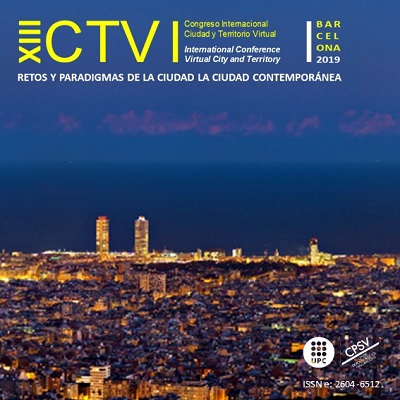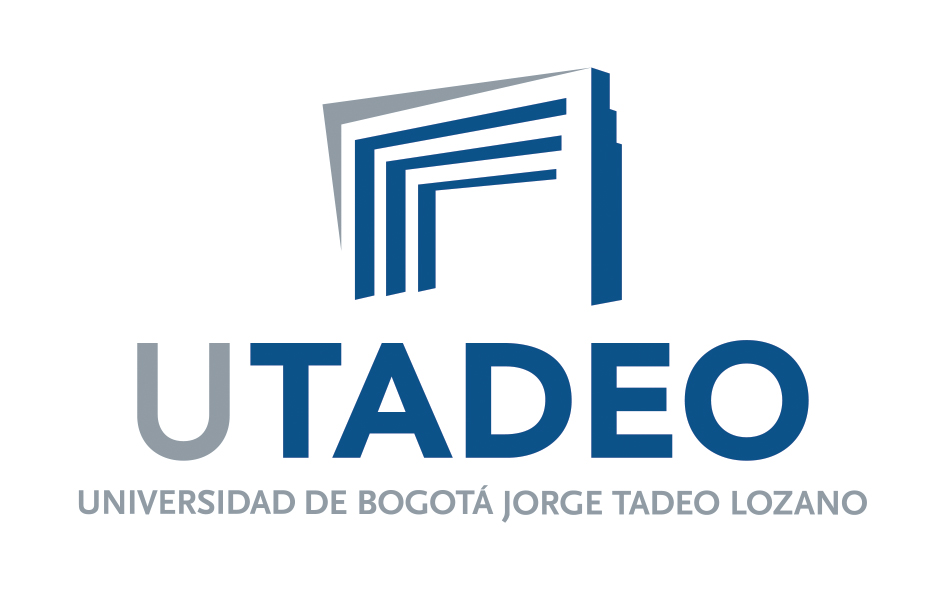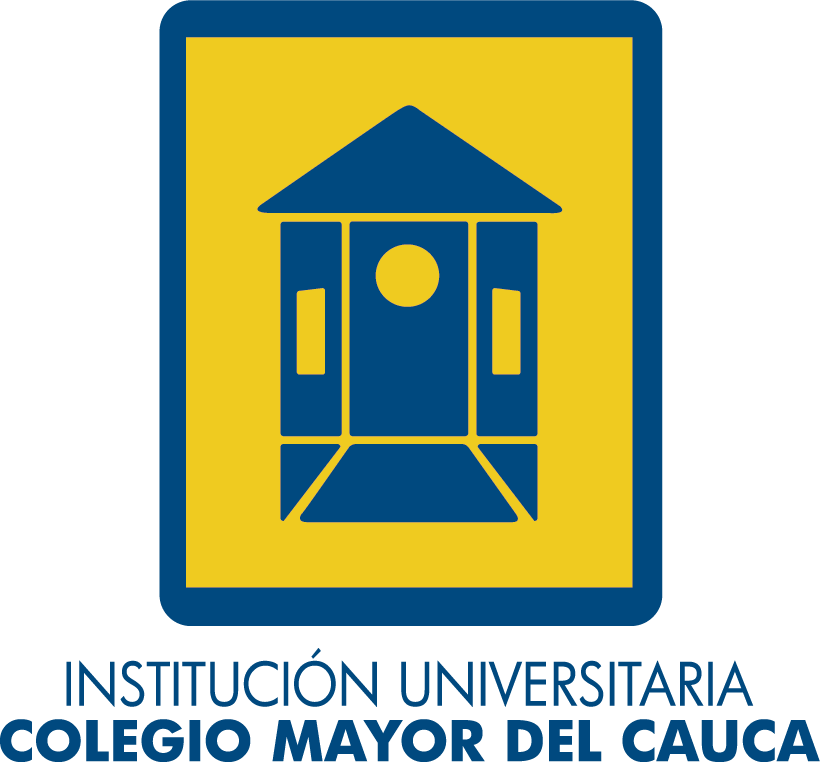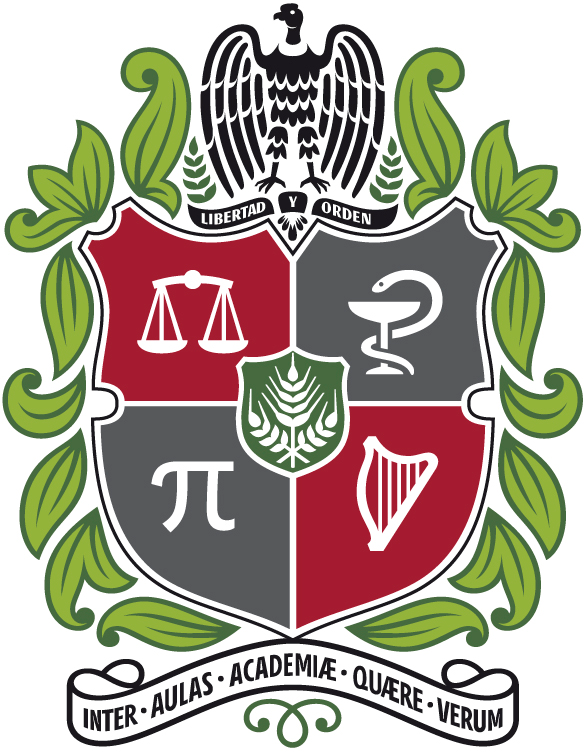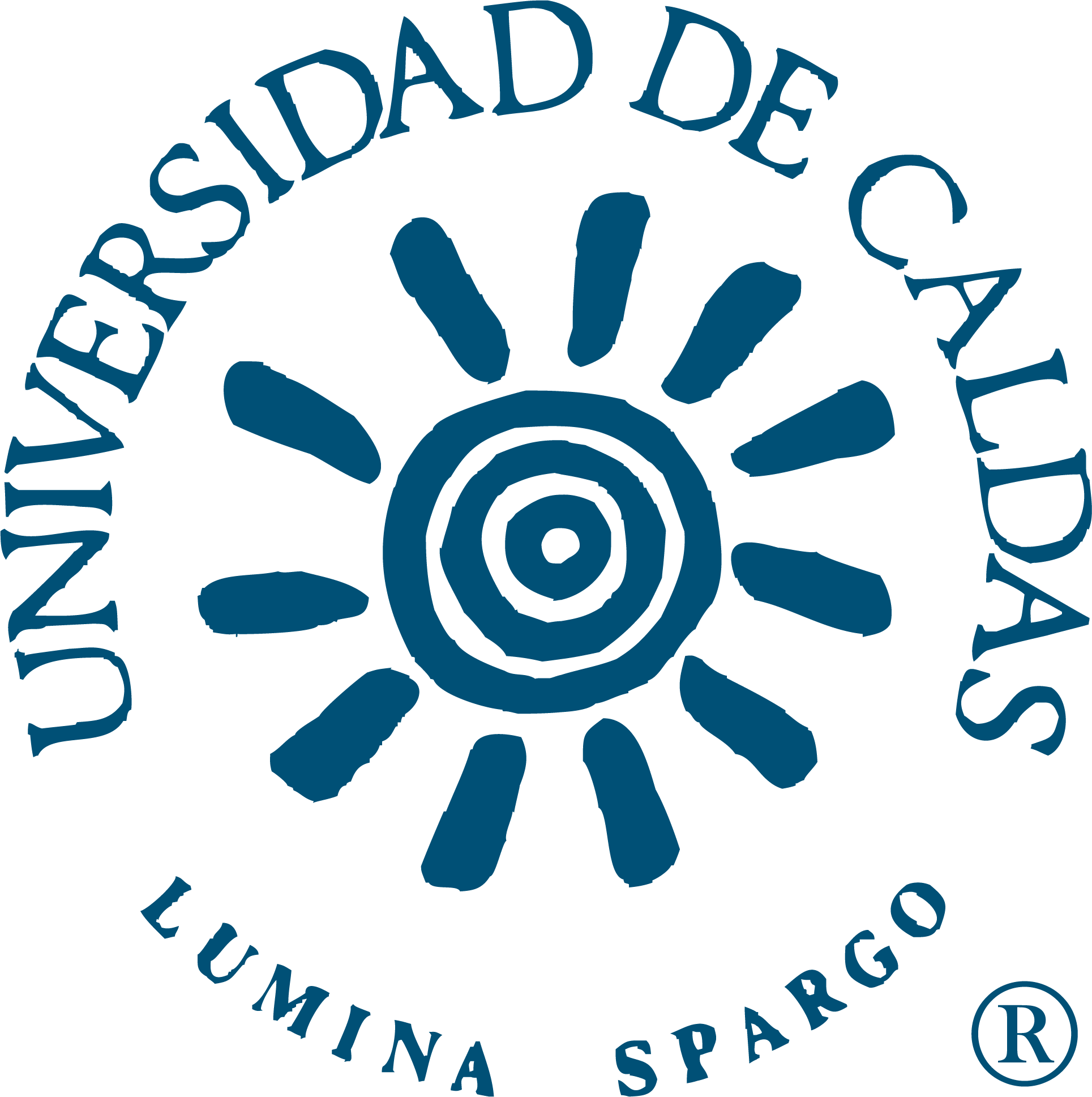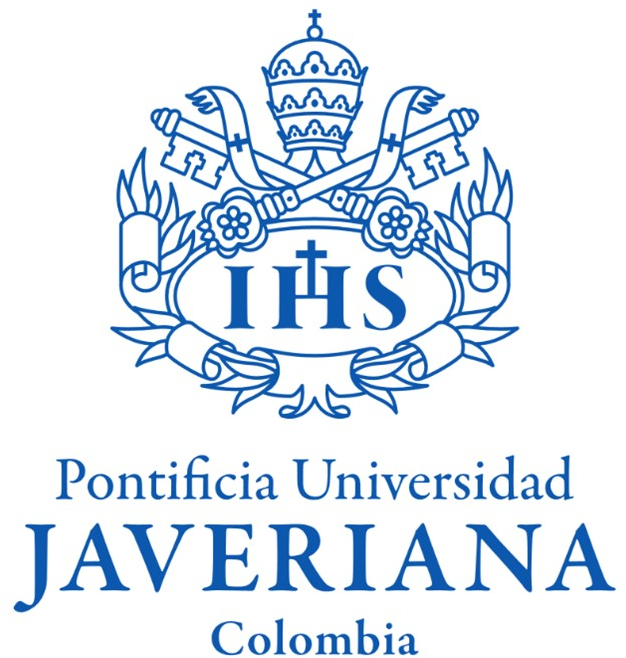Prospectiva Ambiental per a la Llacuna de Tres Pals, Municipi d'Acapulco, Guerrero, Mèxic
DOI:
https://doi.org/10.5821/ctv.8610Paraules clau:
llacuna costanera, prospectiva ambiental, sostenibilitat, governançaResum
La llacuna de Tres Pals a Acapulco, Guerrero, Mèxic, és un cos d'aigua dolça que, a més de la biodiversitat que alberga i els beneficis ecològics que genera, serveix de suport a les poblacions veïnes. Actualment, la contaminació de l'aigua afecta les activitats econòmiques com la pesca i el turisme. L'objectiu va ser realitzar una caracterització física-química i socioeconòmica de la Llacuna de Tres Pals per una anàlisi complexa de la problemàtica i la seva prospectiva en l'activitat pesquera. Es van desenvolupar quatre etapes: reconeixement de la Llacuna, caracterització ambiental i socioeconòmica, anàlisi de la problemàtica i avaluació de sèries de temps per a l'activitat pesquera; es van utilitzar sonda marina, GPS, termòmetre i equip de laboratori; el processament estadístic es va fer en Excel, Minitab i el cartogràfic en ArcGis. Es van trobar condicions de pobresa i marginació en la població, principalment en Candelilla i Varador de Tres pals. Les activitats econòmiques principals són la pesca, l'agricultura i el turisme. Es van identificar tres zones: la desembocadura de el Riu de la Sabana, és succinta i presenta major terbolesa amb l'entrada de l'afluent i aportació de matèria orgànica, així com residus sòlids; la zona nord presenta una major corrent, de manera que la salinitat és baixa, així com la mitjana de la temperatura; i la zona sud, amb menor grau d'eutrofització i major vegetació, i per ser la més propera al canal que connecta amb el mar, té alta conductivitat en funció dels SDT i la salinitat. La problemàtica ambiental s'aguditza per la desforestació de manglar, el pols i la sobrepesca; les aigües abocades pel Riu de la Sabana representen la principal font de contaminació de la llacuna. El futur de la pesca és incert, les espècies de major valor comercial com llisa (mugil curema) i el robalo (Centropomus nigriscens), continuaran disminuint, mentre les espècies més resistents com la tilapia (Oreochromis niloticus), que es produeix en granges aqüícoles anirà en augment. Es conclou que hi ha conflicte entre actors i debilitat de les institucions en el compliment de polítiques; la Llacuna de Tres Pals requereix d'una governança ambiental eficient.


